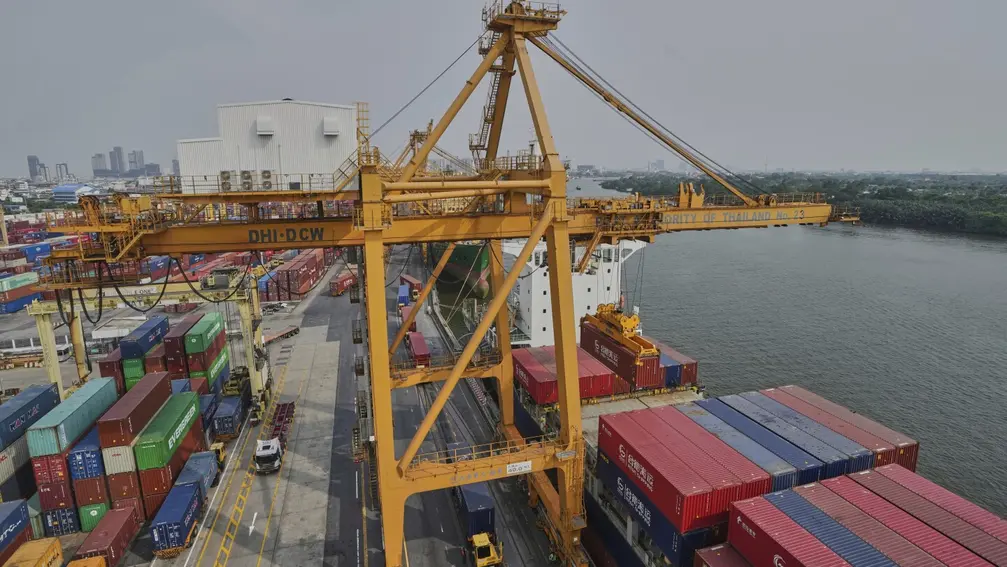T4K3.news
Nations set to negotiate global plastic treaty
More than 170 countries will meet to finalize a treaty aimed at reducing plastic pollution.
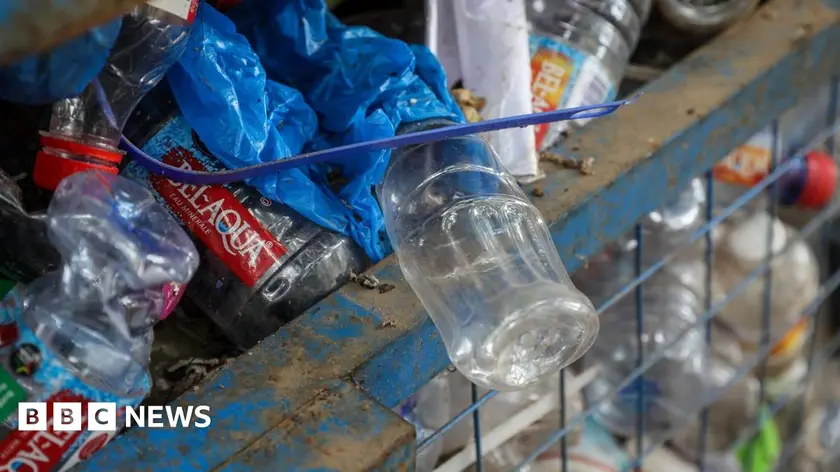
Countries are striving to finalize the world's first treaty to combat plastic pollution.
Nations aim to forge global treaty on plastic pollution
In 2022, nations recognized the urgent need for a global treaty addressing plastic pollution and set a goal to establish it within two years. As the December 2024 deadline has now passed without a signed agreement, over 170 countries are preparing for yet another round of negotiations. Key points of contention include production targets for single-use plastics, bans on harmful chemicals, and the establishment of universal guidelines for product design. Rob Opsomer from the Ellen McArthur Foundation emphasized the economic advantages of consistent design standards, which could enhance recycling and reduce reliance on virgin plastics. While nearly 100 countries advocate for a rigorous treaty, some oil-producing nations, such as Russia and Saudi Arabia, resist limits on production, favoring a focus on recycling instead. The shift toward greener technologies raises concerns for petrostates that may find plastics to be a vital market. As competition for clean regulations grows, businesses are feeling the pressure, pushing for coordinated efforts to manage plastic waste efficiently.
Key Takeaways
"Demand for oil is expected to peak in the coming years, leaving plastic as a growth market."
This remark underscores the economic stakes for oil-producing nations during treaty negotiations.
"Businesses don't want packaging with their brand name to be littering the streets and our oceans."
Opsomer emphasizes the risks for companies lacking clear regulations on plastic waste.
"Standardized design can improve recycling, save costs, and cut down virgin plastic use."
Opsomer points out the benefits of a coordinated approach to product design for business and environment.
"It's a fundamental risk for businesses to comply with numerous new plastic standards annually."
This highlights the challenges faced by companies operating under varying international standards.
The struggle to establish a global treaty on plastic pollution highlights significant divides among nations regarding environmental responsibility and industrial growth. On one hand, the majority of countries recognize the escalating problem of plastic waste and seek bold commitments to reduce single-use plastics. On the other hand, oil-producing nations fear economic repercussions from production limitations, advocating for increased recycling instead. This conflict demonstrates a larger tension between environmental progress and economic interests, leaving businesses caught in the crossfire. Uniform standards for plastic products around the world may provide a path to harmonize regulations and stimulate investment in recycling methods. However, achieving consensus will require navigating the competing interests of various stakeholders. As this coalition of nations continues its negotiations, the outcome will determine the future of plastic pollution efforts globally.
Highlights
- Plastics may be the last growth market for the oil industry.
- Clear regulations are vital for businesses to avoid brand damage.
- A global treaty could boost recycling and reduce costs.
- Inconsistent standards create fundamental risks for companies.
Political tensions could derail treaty efforts
The negotiations face strong opposition from oil-producing nations that resist limiting plastic production, risking a deadlock in treaty discussions.
The ongoing negotiations reveal the complexities of balancing environmental needs with economic interests around the globe.
Enjoyed this? Let your friends know!
Related News
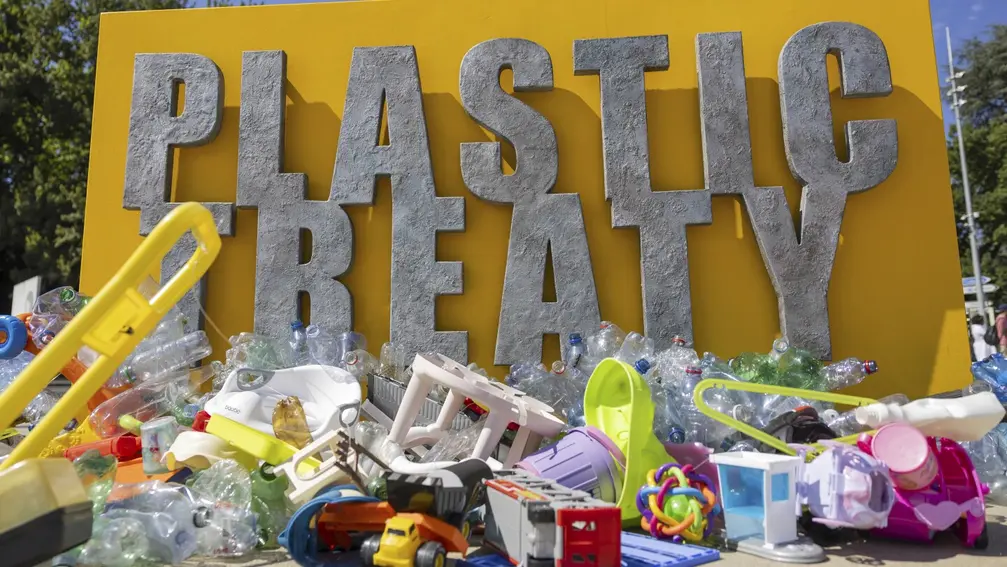
US stance at plastic talks sparks debate
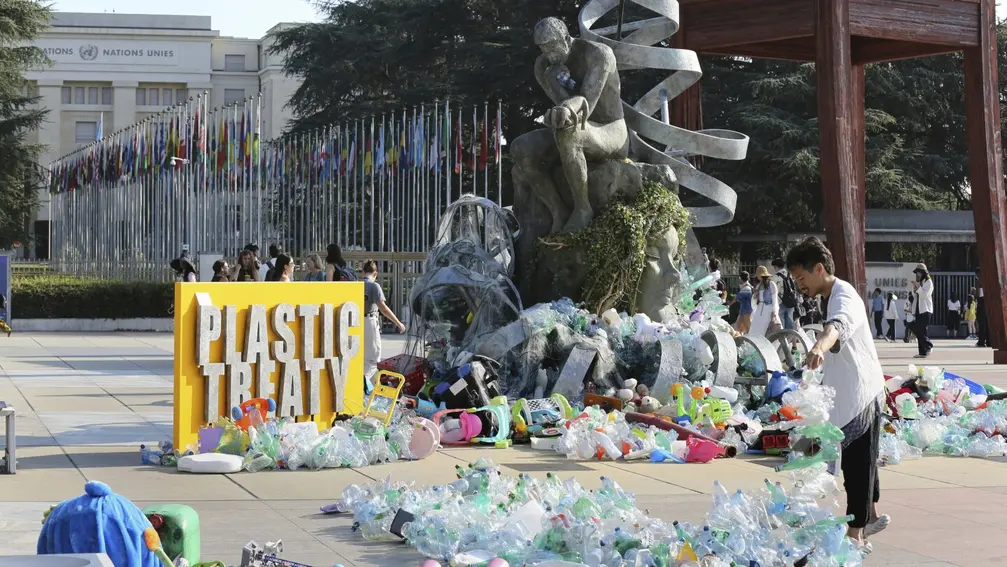
New step in plastics treaty talks
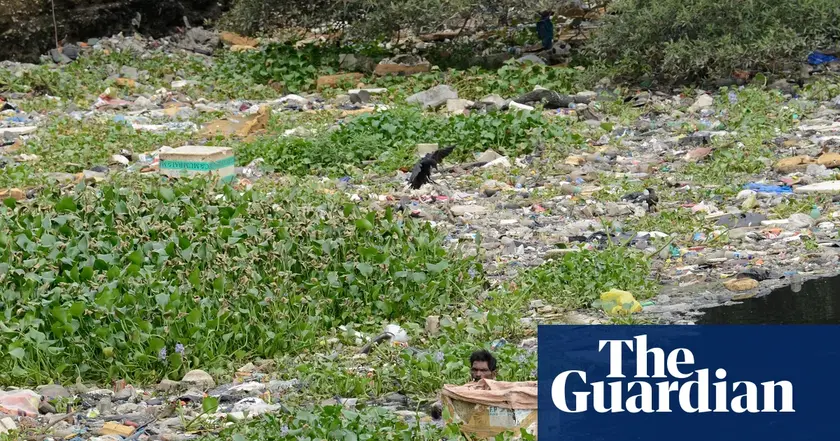
Health impacts from plastics exceed $1.5 trillion annually

Trump's new tariffs take effect on several nations
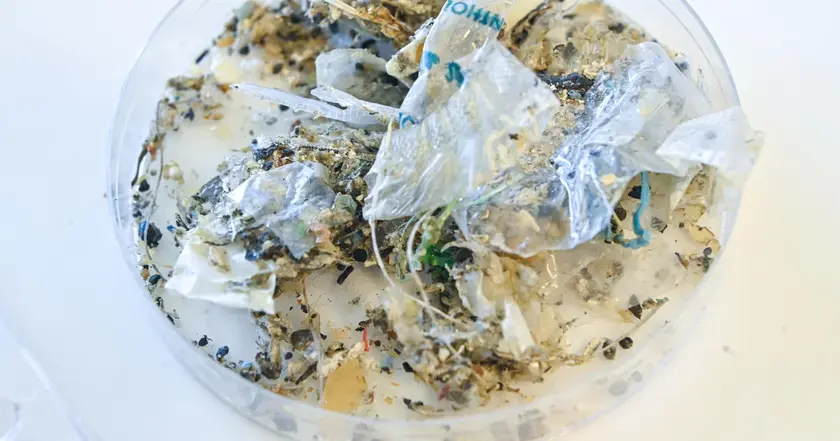
Plastic pollution costs $1.5 trillion annually

Trump and Marcos discuss tariffs during White House meeting
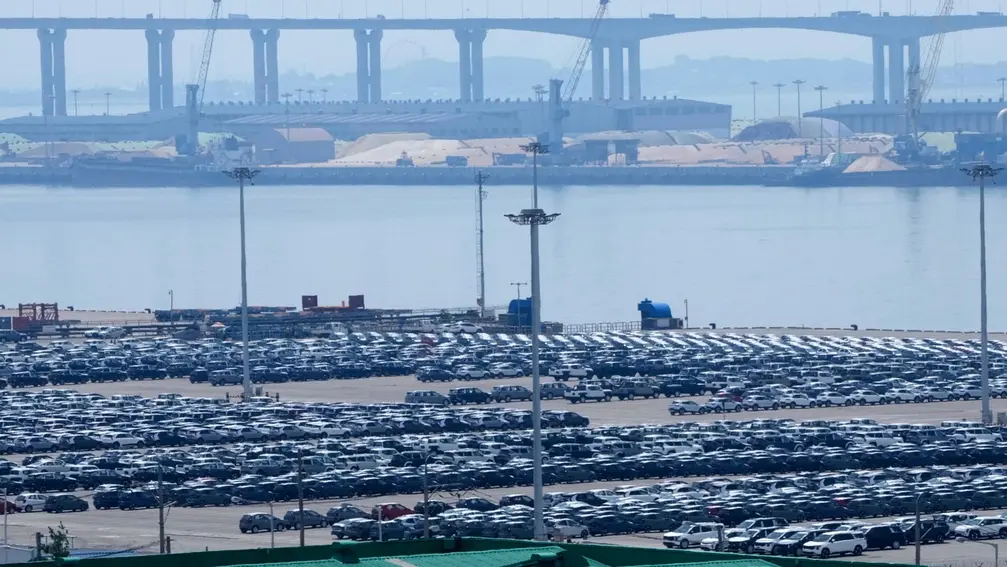
Trump's new tariffs lead to mixed global reactions
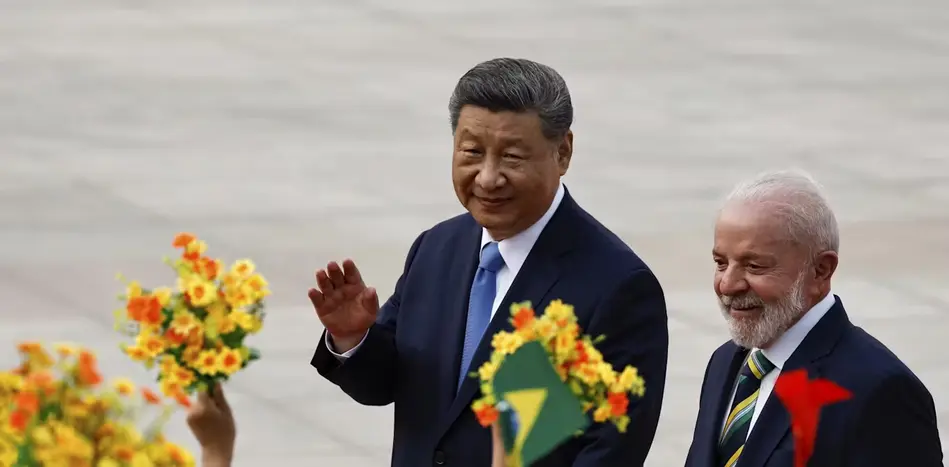
US withdraws from Paris climate agreement for second time
